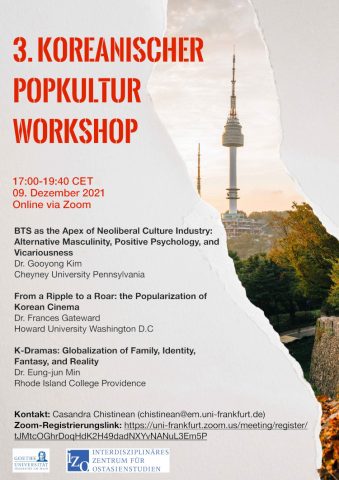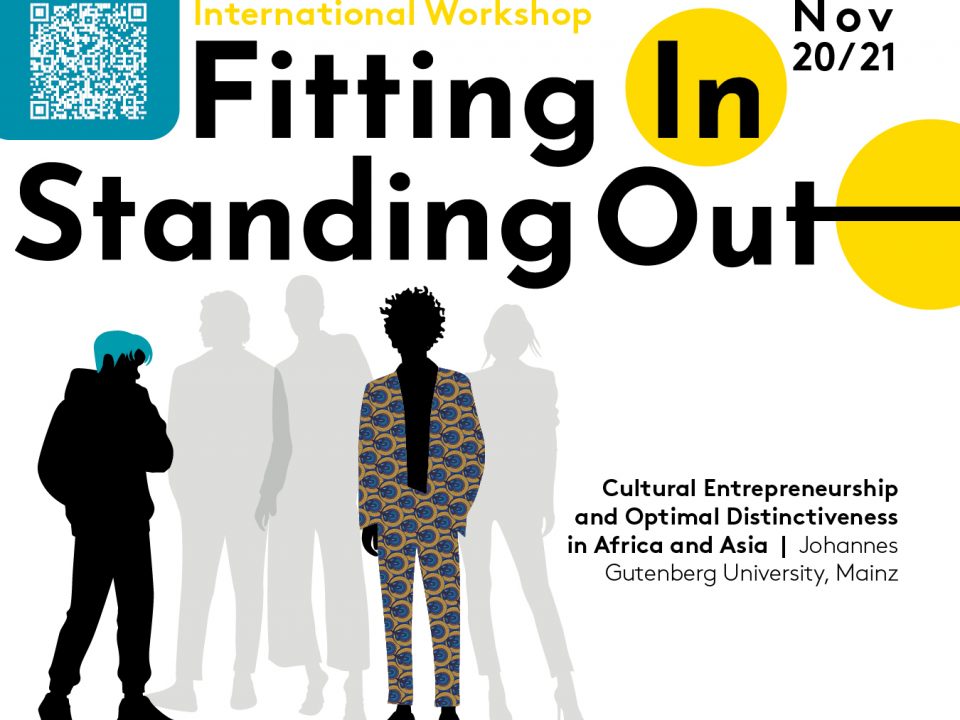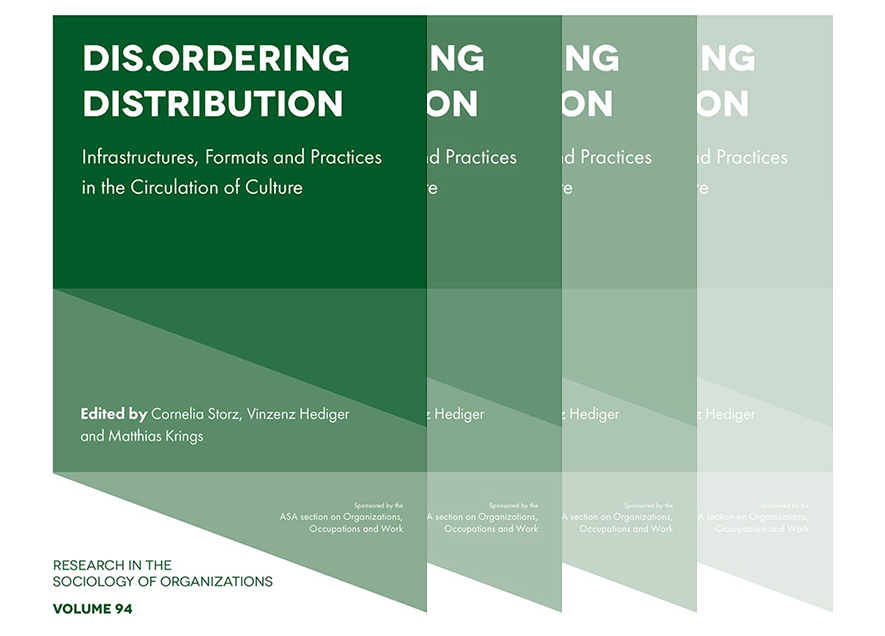The 3rd edition of the Korean Popular Culture Workshop

The 3rd edition of the Korean Popular Culture Workshop was organized online on 9 December 2021 and started at 17:00 CET. The 96 participants listened to and discussed topics presented by the workshop’s three guest lecturers.
On the topic of K-pop, Dr. Kim’s lecture focused on the perpetuation of neoliberal and conservative structures and values hidden behind the illusion of approachability and empathy promoted by K-Pop bands, which cater to the needs and frustrations of millennials in South Korea and the world. In the discussions following the presentation Dr. Kim emphasized the need for critically consuming the cultural products of these bands, especially since his research on their evolution shows that the content of their messages is directly connected to the changing demands of the market and not any authentic solidarity with the issues and ideals of current generations.
On the topic of Korean film, Dr. Gateward analysed the appeal of Korean cinema for an international audience. Presenting its evolution from a localized industry restrained by censure, on to the New Korean Wave and its critical depiction of society, and then to its current status as an international success, she highlighted the uniqueness of its cultural products in presenting economic, political, social, and cultural reality on a more profound level, without the need to simplify and resolve these issues, as Hollywood movies often do. This discussion then focused on the possibility of stylistic and content-related changes that may affect the evolution of Korean Cinema (mostly blockbuster style movies), now that it caters to an international audience.
On the topic of Korean drama, Dr. Min presented the structural and narrative characteristics that make Korean dramas unique, such as: the underdog working class hero, the awkward heroine, the rich, charismatic, and highly fashionable male lead, quirky antics, family centred topics, Confucianist values, etc. He also pointed out that the structure of the storytelling is similar to any western drama and does not stray from established patterns. In the discussion the focus was on haan, a specific feeling of unfulfilled wishes and longing that form the background to storytelling in Korean films and dramas and that make them relatable to many cultures. The success of K-dramas on an international level, however, can be attributed to its wide range of topics that appeal to a wide variety of audiences.


